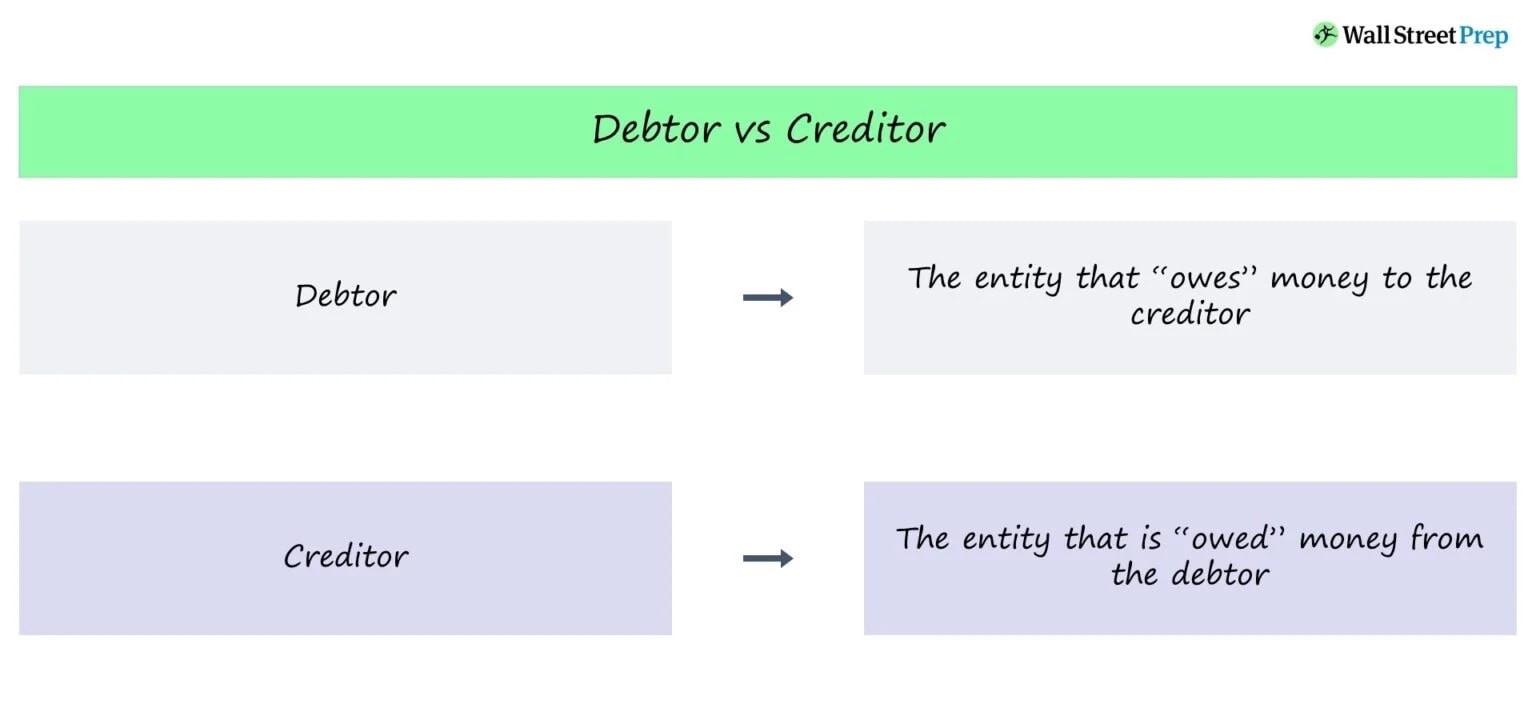What do you need to know about a legal hypothec?

While the term “hypothec” (in Québec) most often brings to mind the finalizing of a real estate purchase, the legal hypothec is quite different, and differs from so-called conventional mortgages. Vistoo.com, the leading real estate platform in Quebec and Canada, tells you all about it.
The legal hypothec: a short definition
First of all, a legal or conventional mortgage is concluded when an agreement between the parties is reached. You’ll hear the future homeowner say that he has obtained a mortgage for the purchase of his first home. He’ll be proud to mention that he obtained his loan from a financial institution and got a good interest rate.
The legal hypothec is not the result of the will between the contracting parties, but of the law alone. Articles 2724 to 2732 of the Civil Code of Quebec specifically set out the limitations of legal hypothecs.
The purpose of this type of hypothec is to protect the amounts due in the event of non-payment by the debtor.

Source: https://www.wallstreetprep.com/knowledge/debtor-vs-creditor/
In short, the purpose of registering a legal hypothec is to protect against non-payment of sums owed by the debtor. Registering a legal hypothec is not in itself always a good thing.
The 4 types of legal hypothecs
The Quebec government lists four types of legal hypothecs that can be registered on an immovable:
|
Types of legal hypothecs |
Definition |
|
Legal hypothec in favor of persons involved in the construction or renovation of an immovable |
This hypothec protects sums owed to persons who carry out work on an immovable (architects, engineers, material suppliers, workers, contractors or subcontractors, etc.) |
|
Legal hypothec of the State |
This hypothec enables the government to protect its claims (for example, amounts owed under tax laws) |
|
Legal hypothec of the co-owners association |
This hypothec protects the payment of common expenses and contingency fund contributions. |
|
Legal hypothec of a court judgment |
This hypothec protects the amount a debtor is ordered to pay |
If you are faced with one of these legal hypothecs, or if you wish to submit one to protect a claim, a lawyer or notary is the ideal professional to help you with the process.
Before you buy...verify!
If you’re on the verge of buying a new property, you’ll certainly want to know whether a legal hypothec is registered on it. This information is vital to avoid unpleasant surprises.
You can do this yourself by checking directly with the Land Registry of Quebec. To do this, you’ll need to know the lot number associated with the property in question. Next, you’ll need to create a client account.
A fee of $1 is charged for the consultation of each register or related document.
If you are in the process of buying a property, your notary will check to see if the property in question is subject to a legal hypothec or other encumbrance. If so, he or she will be able to discuss with you the risks and consequences of the sums involved.
In short, regarding your notary’s checklist, the notary is the most competent resource person regarding this issue. If the notary discovers a legal hypothec on the future property, it’s strongly advised to pass to avoid even greater worries.
Can a legal hypothec be removed from the registry?
It is possible, but time-consuming, to cancel a legal hypothec, except in the case of a state legal hypothec, where the process is even more complex, if not impossible.
If you absolutely must cancel a legal hypothec, you’re in for a long and costly process. There will be legal fees to pay, and the outcome is not guaranteed. The process can take months, even years. It’s important to understand that the cancellation of such a hypothec may not materialize in all situations, especially if the hypothec has been legally registered and in any event is legitimate.
In conclusion, you now know the difference between a conventional mortgage and a legal hypothec. Before finalizing the purchase of your property, it’s essential to check whether or not it is encumbered by a legal hypothec.
Visit Vistoo.com, the real estate platform par excellence, and discover all the properties for sale, rent or simply to advertise. Vistoo.com, good in every respect!
About the author
Yannick
Cloutier
Yannick has over 20 years of experience in real estate development, management, and sales. Passionate about real estate, he enjoys sharing his knowledge and finding innovative solutions to meet the needs of an ever-evolving market. As the owner of several businesses in the sector, he understands the challenges and opportunities of property management and maximizing property value.
